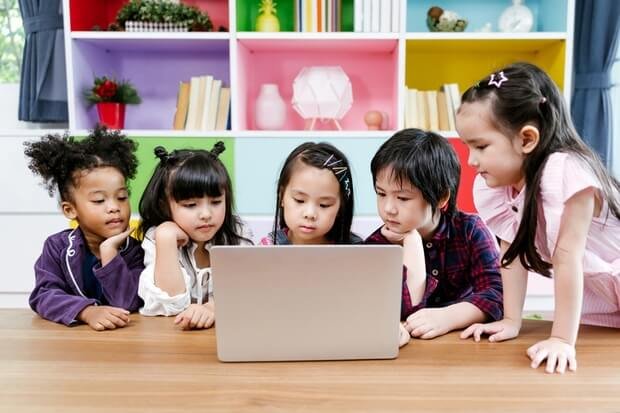There is an ongoing debate about the importance of giving children a head start in education by giving them informalearly learning at homebefore they officially enrol in Kindergarten. Some people believe that children who were given head start programs will only have an advantage during the early grade levels of Kindergarten up to the second grade, and children who did not undergo head start programs will catch up during the intermediate grade levels.
However, mostUNESCO studiesthat look into early childhood education have concluded that children who started an early learning program have improved social skills, better grades during formal education, and enhanced attention spans. Furthermore, when the study was extended until adulthood, children under head start programs grew up to have lesser behavioural problems and are more likely to complete high school and attend college. Implementing early learning at home programs before Kindergarten will lead to the following specific benefits.
Develop Good Habits.
Giving a daily routine for children, such as providing them with lessons at regular times of the day, will help them develop good habits. Children will feel safe and secure when they know what to expect each day. When you set up a regular schedule to dress up for learning each day, your children will learn to do this activity on their own after it becomes a routine.
Companies that offer early learning at home are experts on developing a good routine for your children. Early childhood education providers can help you manage your children’s learning program while at home, and they can provide you with the necessary materials needed to help develop your child.
Early Onset of Literary and Numeracy Skills.
Children who start learning at a very young age will develop their literacy and numeracy skills earlier as well. Children who know the values of numbers are less likely to have math anxiety as he or she reaches higher grade levels in primary school.
Become Emotionally Resilient.
Children who undergo a head start or early learning program will also become more emotionally resilient, especially if they were enrolled in a program with other children. Children develop their social skills earlier, and they will learn to interact harmoniously with other children. Early childhood learning at home will also strengthen the bond between the parent and the child. When the parent implements that learning program at home, the child will feel that he or she is important and loved. Children whose parents actively participate in early learning programs will grow up to have better emotional maturity.
Successful Future.
A US study that spans for 30 years has revealed that adults who were given early childhood education from 0 to 5 years old are more likely to stay gainfully employed and have graduated from university. It is also revealed that early learning at home will develop important life skills that your children will take into adulthood.
Love for Lifelong Learning.
Children who started learning at a very early age will develop a positive attitude toward learning. Your child will become independent in searching for ways to learn new things. This attitude will be carried over as the child becomes an adult.
Suppose your child is still not eligible to enrol in Kindergarten officially. In that case, you may consider giving them early learning at home so that he or she may have a head start and advantage over future classmates.




